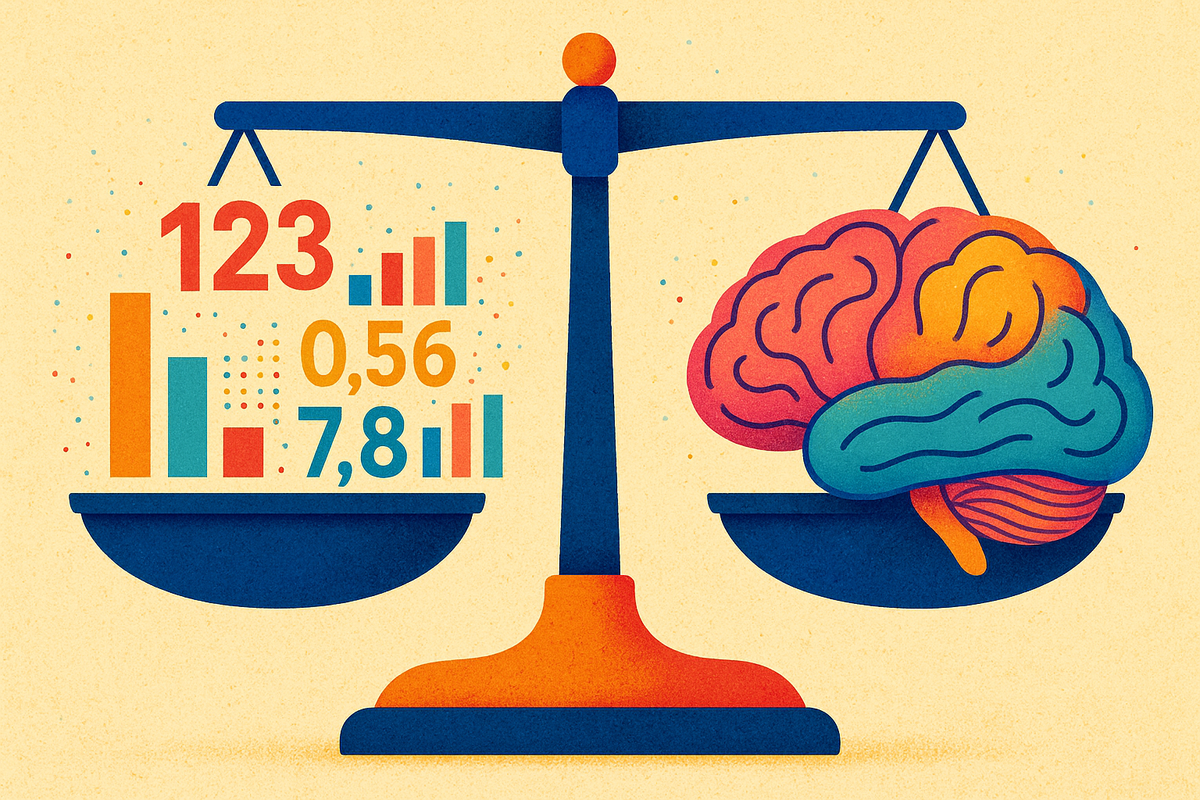Business Practices, eNews
Harnessing your soft skills in the age of automation

With automation, artificial intelligence (AI) and ever-advancing technology dominating conversations in the business-to-business credit field, it is easy to forget the importance of soft skills, especially for new credit managers eager to ride the tech wave as they continuously enhance their technical skills.
Why it matters: While new tech undeniably has a place in B2B credit, it’s vital that soft skills are not neglected in favor of rampant innovation. Taking the time to focus on and refine those skills will make a big difference when it comes to your work performance, professional relationships and communication.
Soft skills might not be featured heavily on everyone’s resume, but they are important to working professionals looking to have a successful career. Time management can help you keep your head above water when things get busy, and staying organized can allow you to manage different responsibilities with comfort and ease. Stay agile as you keep pace in a busy office environment and strong communication skills—whether interacting with external customers or members of your team—will make a big difference in your day-to-day work. It’s impossible to discuss soft skills without stressing the importance of interpersonal skills within the workplace.
“Soft skills are any skill that you have or can develop that don’t live in a technical area,” said Tracy Mitchell, CBA, director of accounts receivable for Trinity Logistics (Seaford, DE). “You need to learn these extra skills about credit because the technical skills are the easiest pieces to learn. Numbers are numbers and they’re always going to be numbers, but people are very individual and those are the things that you really have to work on because we aren’t born knowing how to identify personalities, we aren’t born knowing how to communicate well with other people.”
Focusing on soft skills does not mean you should forgo those harder technical skills. Instead, consider how a mixture of hard and soft skills together contribute to a strong credit manager. “Everyone is a basket of both hard and soft skills,” said Kevin Chandler, CCE, CICP, director of financial services at Zachry Industrial, Inc. (San Antonio, TX). “Learning soft skills is part of growing up and becoming an adult, but at times you have to make a conscious effort to learn and practice those skills.”
Seeking out mentorship can also supercharge the development of soft skills. As new technology-minded professionals enter the field of credit management, it’s easy to understand why they focus all of their attention on automation. With the support and guidance of a mentor, those new to field can be encouraged to understand and value the importance of soft skills.
“If you have a mentee and they’re bringing you a lot of technical questions, that’s fantastic and absolutely discuss those things, but also you need to maybe take those discussions and offer the flip side of the coin,” Mitchell said. “We can use tech to make our jobs easier and create efficiencies, but it’s important to remember that technology cannot solve all the problems you might face as a credit professional.”
The importance of developing soft skills relates to the idea that despite the widespread potential of automation, we cannot allow ourselves to become overly reliant on any technology systems. “Communication, creativity and negotiation skills all come into play when it comes to making credit decisions,” Chandler said. “I would warn people not to become too dependent on technology. Don’t get me wrong, I am a huge believer in technology and leveraging it to do things that are less important. But that should free up time to do the things that technology cannot do for you.”
Soft skills are key when it comes to being able to evaluate your own performance and notice your strengths and weaknesses. “Developing soft skills is really about self-awareness and absorbing natural human cues from the world around you,” said Chelsea Hirn, CBA, director of credit operations for KGP Telecommunications, LLC (Faribault, MN). “It requires knowing your own style of communication and how people have received you and going, ‘Okay, was that the best approach to that situation?’ and growing and learning from it.”
When it comes to landing a job and eventually being considered for leadership roles, soft skills are the driver that will push you ahead of the competition. Hirn, like many credit professionals tasked with hiring new talent, can notice an applicant’s grasp on soft skills even in a simple conversation.
“As a manager, you always want to look at your own soft skills first when interviewing someone. You then want to pay attention to how they answer questions,” Hirn said. “When they answer, are they thoughtful? Do they seem honest? Does it seem they have a really good handle on their own abilities?”
The bottom line: Whether you are looking to land your first job in credit or get that long-awaited promotion, honing your soft skills will help you stand out. While technology is invaluable in today’s credit world, it is important not to neglect the soft skills that revolutionize your day-to-day work.





